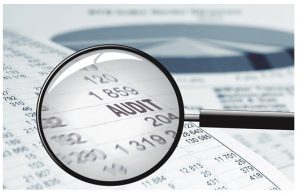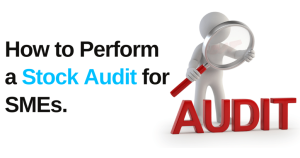The Role of Auditing in Australia
Audit Overview
Auditing plays a crucial role in ensuring financial transparency and compliance with regulatory standards. In Australia, auditing is governed by strict regulations and standards to maintain the integrity of financial reporting. Companies, both public and private, are required to undergo regular audits to provide assurance to stakeholders about the accuracy and reliability of their financial statements. Who can perform audit in Australia?
Types of Audits
There are various types of audits conducted in Australia, including financial audits, internal audits, compliance audits, and performance audits. Financial audits are the most common type and involve examining financial statements to ensure they present a true and fair view of the company’s financial position.

Who Can Perform Audits?
In Australia, only registered company auditors can perform audits. These auditors must be registered with the Australian Securities and Investments Commission (ASIC) and meet strict eligibility criteria. ASIC regulates the registration and conduct of auditors to ensure they possess the necessary skills, qualifications, and independence to perform audits effectively.
Requirements for Registered Auditors
Qualifications and Experience
To become a registered auditor in Australia, individuals must meet specific educational and experience requirements. Typically, auditors are required to hold a relevant accounting qualification, such as a degree in accounting or finance, and have a certain number of years of experience in auditing or accounting roles.
Professional Standards
Registered auditors in Australia are required to adhere to professional standards and ethical guidelines set by regulatory bodies such as the Australian Auditing and Assurance Standards Board (AUASB) and the Accounting Professional and Ethical Standards Board (APESB). These standards ensure auditors maintain independence, objectivity, and integrity while conducting audits.
Continuing Professional Development
Auditors must also engage in continuing professional development (CPD) to stay updated on changes in auditing standards, regulations, and industry practices. CPD activities may include attending seminars, workshops, and training programs related to auditing and accounting.
Roles and Responsibilities of Auditors
Financial Statement Audit
During a financial statement audit, auditors examine a company’s financial records, transactions, and internal controls to assess the accuracy and completeness of its financial statements. Auditors may also identify any material misstatements or discrepancies and provide recommendations for improvement.

Compliance Audit
Compliance audits ensure that companies adhere to relevant laws, regulations, and industry standards. Auditors assess whether the company’s operations, policies, and procedures comply with legal and regulatory requirements and identify any areas of non-compliance that require remediation.
Internal Audit
Internal audits are conducted by internal auditors employed by the company to evaluate internal controls, risk management processes, and operational efficiency. While internal auditors are not required to be registered with ASIC, they play a crucial role in helping organizations identify and address internal control weaknesses and improve business processes.
Conclusion
In Australia, auditing is a vital function that helps maintain trust and confidence in the financial markets. Registered auditors play a crucial role in ensuring the accuracy, reliability, and integrity of financial reporting, thereby protecting the interests of stakeholders and the public. By adhering to stringent regulations and professional standards, auditors uphold the highest levels of professionalism and ethical conduct in their practice.
In summary, only registered auditors in Australia are authorized to perform audits, and they must meet strict eligibility criteria, adhere to professional standards, and engage in continuing professional development to maintain their registration.


